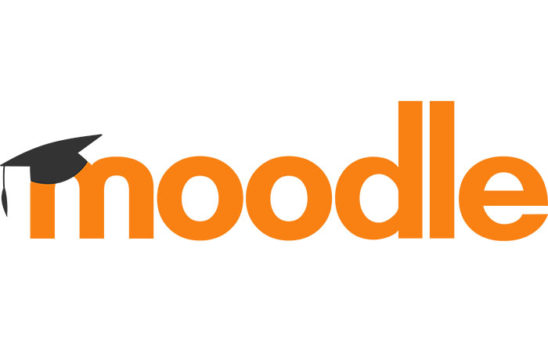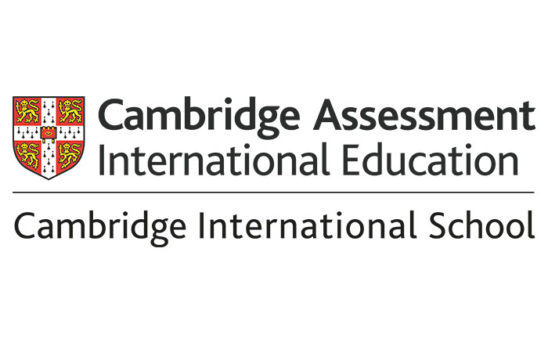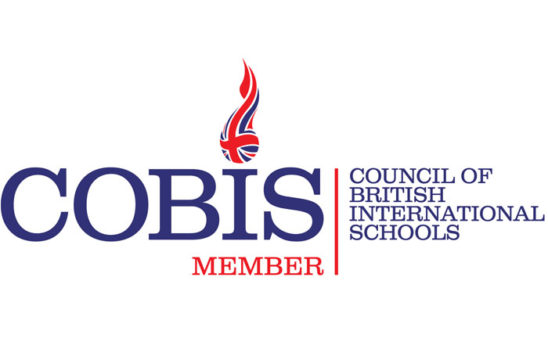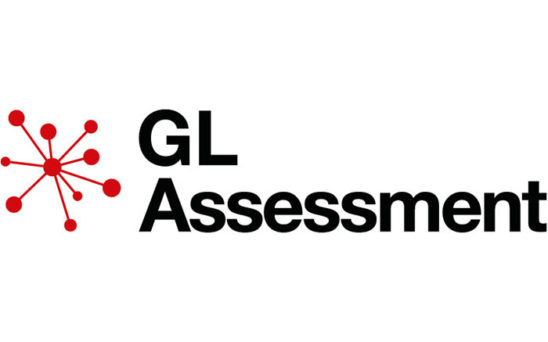
The Duke of Edinburgh Award (known as International Award for Young People Nigeria) is a global framework for non-formal education that challenges young people aged 14-24 to dream big, celebrate their achievements and make a difference in their world. The International Award for Young People Nigeria is an integral part of the global Duke of Edinburgh’s International Award which will provide the young participants with a tried and tested framework for delivery of non-formal education and give them an internationally recognised accreditation of their experiences.
- The Award is earned in three levels:
- Bronze: for those 14 or older.
- Silver: for those 15 and older.
- Gold: for those 16 and older.
Structure and Organisation
Skills

Aim: To encourage the discovery and development of personal interest and social/ practical skills. Participants may choose one of over 200 activities required to show perseverance and progress. The time to be spent on this section depends on the award for which the participant is working. At bronze, it is 6 months, silver is 12 months and Gold, 18months. Examples include Agriculture, drama, music,arts & crafts, ICT, cooking, photography, etc.
Proposed activity: The school’s other half programme can adequately cover this aspect of the scheme. Hence a participant has to duly sign up to any relevant activity.
Aim: To encourage improved performance and physical fitness. Participants are required to take part in some form of organised physical recreation and show individual progress.
Propose activity: Most team and individual sports are included such as football, athletics, basketball, volleyball and swimming. Other physical activities include dancing, yoga etc. This area can also be covered by the other half programme.
Physical Recreation
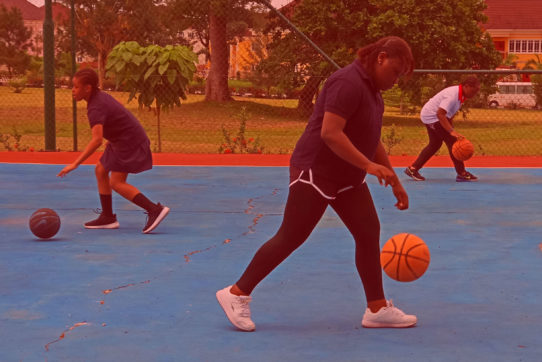
Service

Aim: To encourage service to others. Participants choose one form of service and undertake training and /or give service to others. Examples are community service, Child care/orphanage work, first aid, environmental issues, care of old/sick/disabled, police service/fire service, conservation, etc.
Proposed activity: Visiting and helping out in an orphanage with the care of children, presentation of gifts, reading to the very young ones, and generally interacting with them twice in a term (two saturdays). Voluntary donation of clothes toys, toiletries, books and food items from participants and Adorable British College community.
Aim: To cultivate a spirit of adventure and discovery, and an understanding of the environment, and the importance of working together in a team with a common goal.
Participants plan, train for and then undertake a journey in a countryside, either on foot or by bicycle. Both theoretical and practical training is required before the qualifying expedition which is undertaken in groups.
At bronze level, all participants undertake an expedition lasting 2 days with a night away from home in tents, classrooms or youth hostels.
Adventurous Journey



